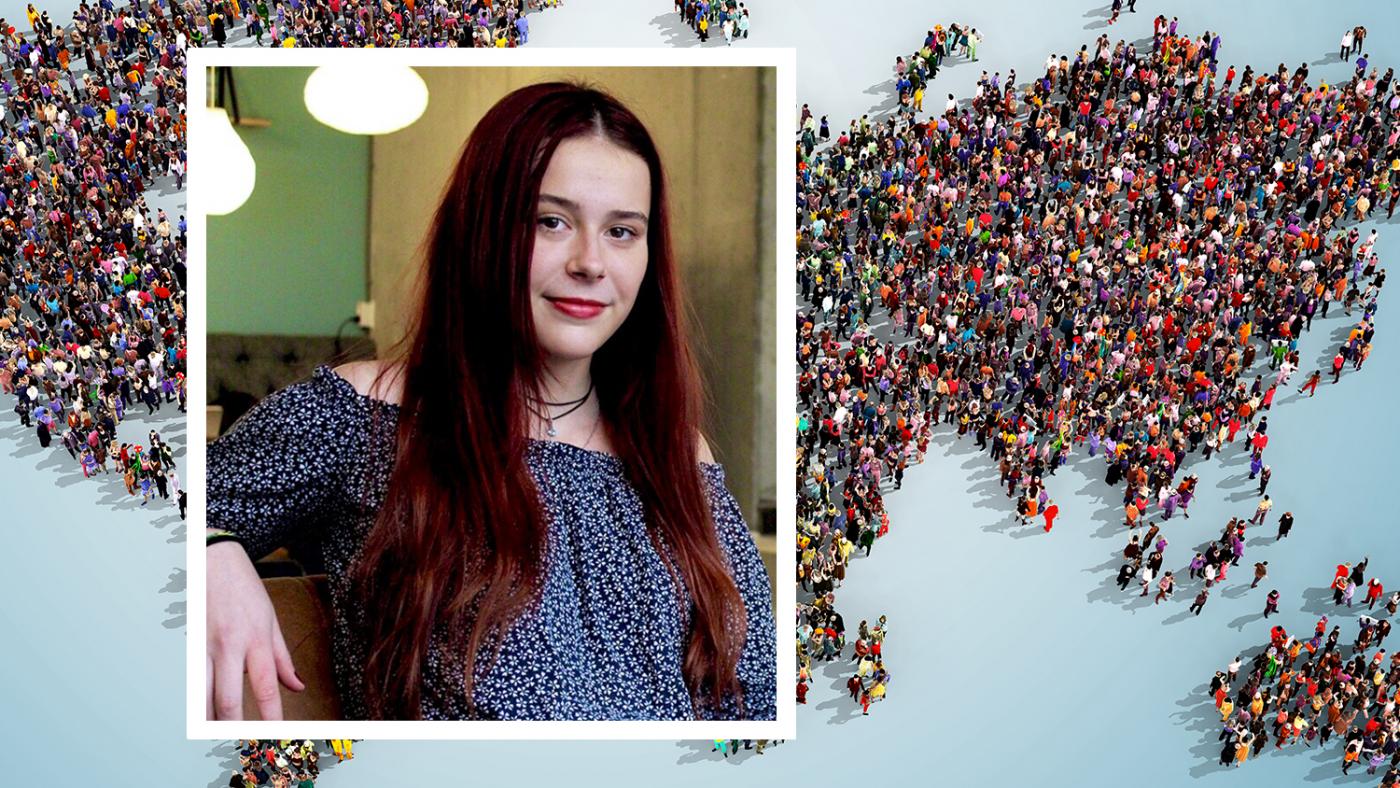'Illiberal democracy'
Dark clouds above Hungary

It’s 3:00 pm on a Saturday and painfully typical for those gloomy November days. The rain is about to wash away the Hungarian capital, Budapest, and it is also starting to get dark. We are gathering in the square right in front of the Parliament and it seems like the origins of the present darkness not only concern the current timezone and the cumulonimbuses painted on the sky.
No, dark clouds have been gathering above Hungary for years and years under the rule of Viktor Orbán and his party, Fidesz, as the continuous manipulation of electoral districts alongside an effective campaign, has caused the continuous undefeatability of their regime.
Last Saturday, December 3, marked another event for protesting the basic civil rights of teachers and all those workers fallen under the jurisdiction of the central educational system, in which there is a teacher shortage with an estimated 16,000 vacant positions — still, educators earn the minimum wage and are obliged to use the material provided by the state. It seems incomprehensible to most that, in a country where the ruling party’s main narrative relies so heavily on the aid and support of families (with good, Christian values; there have even been discussions of granting a personal tax exemption to women who “give birth to Hungarians” before they turn 30), the basic systems, that liberal, modern societies rely on are still inadequately funded.
These systems include the aforementioned education system and the structure of social benefits, in which the state was recently voted to move to the position of only the 3rd responsible provider, after families and NGOs. Moreover, healthcare for those who cannot access private practices is available only in poor conditions, with incredibly overworked and irrationally underpaid workers and professionals.
As Euronews states, European lawmakers have been raising “concerns about a long list of fundamental rights they believe to be under threat, including the electoral system, the independence of the judiciary, privacy, freedom of expression, media pluralism, academic freedom, LGBTIQ+ rights and the protection of minorities and asylum seekers.” Now, more than a decade after Viktor Orbán’s reign, the EU finally declared that Hungary is no longer a democratic country. It is the first time an EU institution declares a member state is not a proper democracy, an essential prerequisite to join the bloc, all due to the government's "deliberate and systematic efforts" to undermine the EU's core values.
But how is it possible that this declaration took so long? Due to the fact that Hungarian public media was put under a single authority, the Media Council, controlled by Orbán's appointees, the political elite instrumentalised the press in an effort to cement their positions by promoting their messages.
I graduated from Utrecht University in the summer and moved back to my home country for the trivial reason of being close to my family again and the contrast between what reached me in the safe, comfortable Utrecht, and the actual illiberal climate of Hungary is drastic.
Last Wednesday, December 7, the EU Commission was supposed to decide whether almost 14 billion euros in EU funding (approximately 70 percent of the funds Budapest receives from the EU) could be granted to Hungary, based on whether or not the country has implemented a series of reforms. The decision was delayed as Orbán vetoed the bloc's joint financial aid to Ukraine. Even with so much at stake, the leaders of Hungary have been neglecting to address all those several thousands of children, students, parents, teachers, and other supporters who have attended the series of demonstrations to reinvent the education system.
To learn more about what is going on in Hungary, Amnesty International published a useful summary in 2018. For a more comprehensive explanation, you can read this report. Finally, Lili recommends this op-ed.

Lili Szarvas is a Master’s graduate in Media and Culture. She was DUB’s campus columnist in 2021. Now back in her home town, Budapest, Lili has been working as a freelance journalist and illustrator.